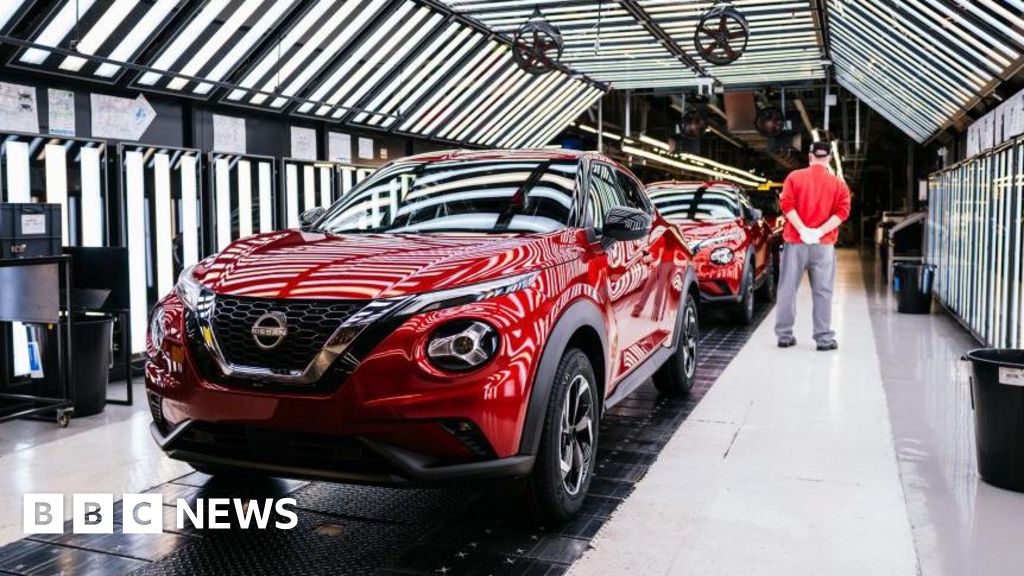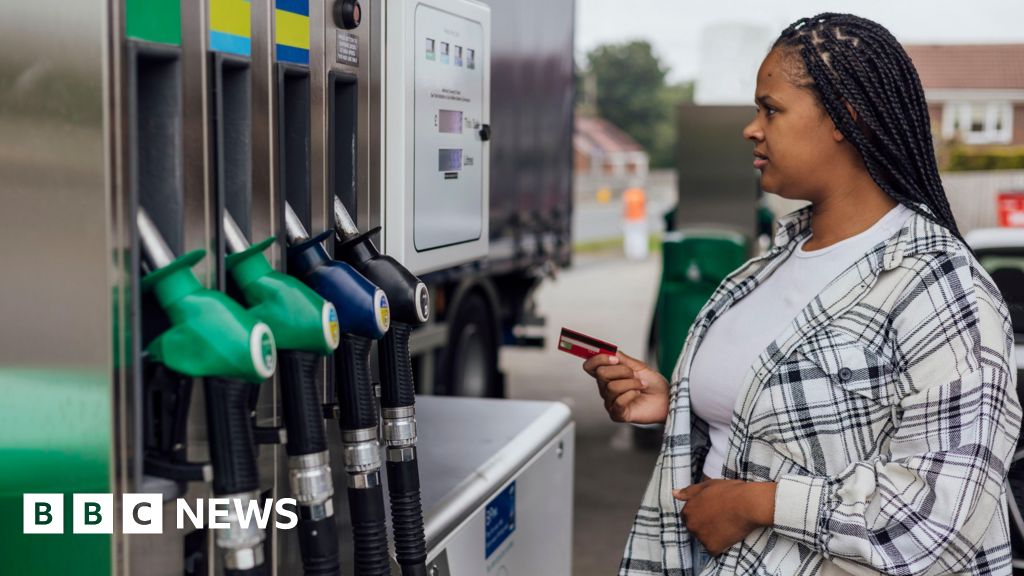In addition, Ford said last week it would cut 800 jobs in the UK over the next three years because of difficult trading conditions, including intense competition and less demand for electric vehicles (EVs).
Mike Hawes, the SMMT’s chief executive, said: “These are deeply concerning times for the automotive industry, with massive investments in plants and new zero emission products under intense pressure.”
Globally, demand for EVs has slowed, he said, while in the UK, manufacturers have to contend with “the toughest targets and most accelerated timeline” without the incentives necessary for customers to drive demand.
Although production of EVs fell in October, sales of electric cars in the UK have been increasing.
In October, they made up one out of every five cars registered, although industry sources insist this is largely down to unsustainable discounting.
There has been a growing row between the government and the industry over the sale of new petrol and diesel cars being phased out over the next few years.
Under the UK’s zero emissions vehicle (ZEV) mandate, manufacturers are currently required to sell a certain percentage of cars and vans that do not emit any emissions ahead of a 2030 ban on the sale of new petrol and diesel cars.
In 2024, EVs must make up 22% of a carmaker’s car sales, and 10% of van sales. This target is set to rise.
For every sale that pushes it outside the mandate, firms must pay a £15,000 fine – but they can also buy “credits” from firms that can meet this mandate.
Business Secretary Jonathan Reynolds has said there will be a “fast track” consultation of how the EV targets are enforced.
However, he also reiterated Labour’s commitment to the 2030 phase-out of new petrol and diesel vehicle sales.
Credit: Source link











